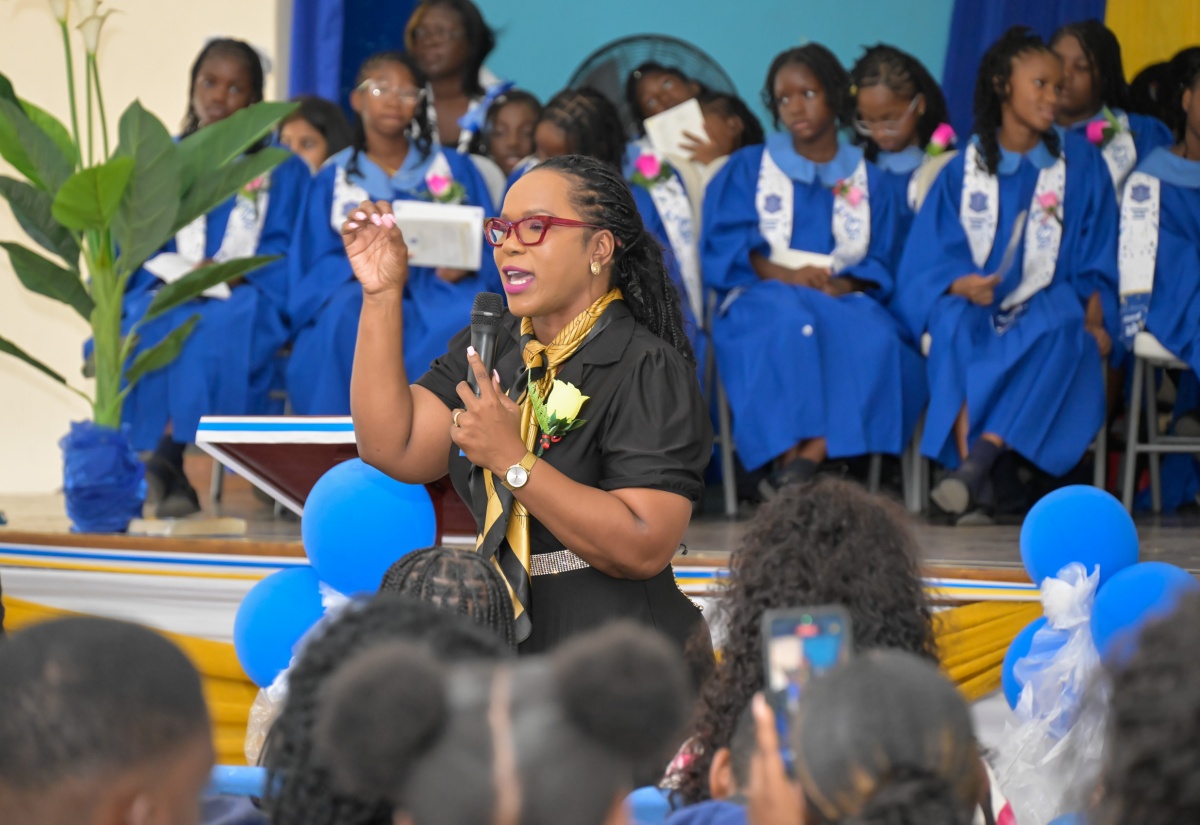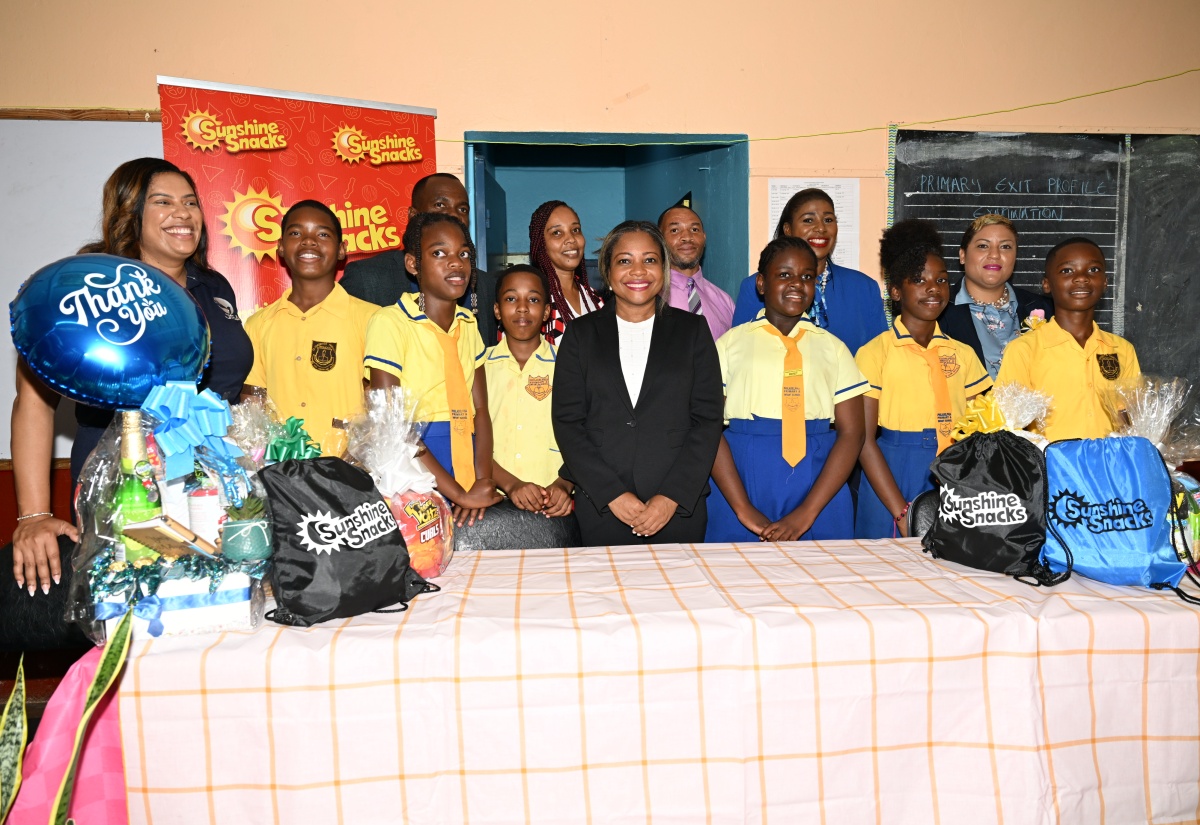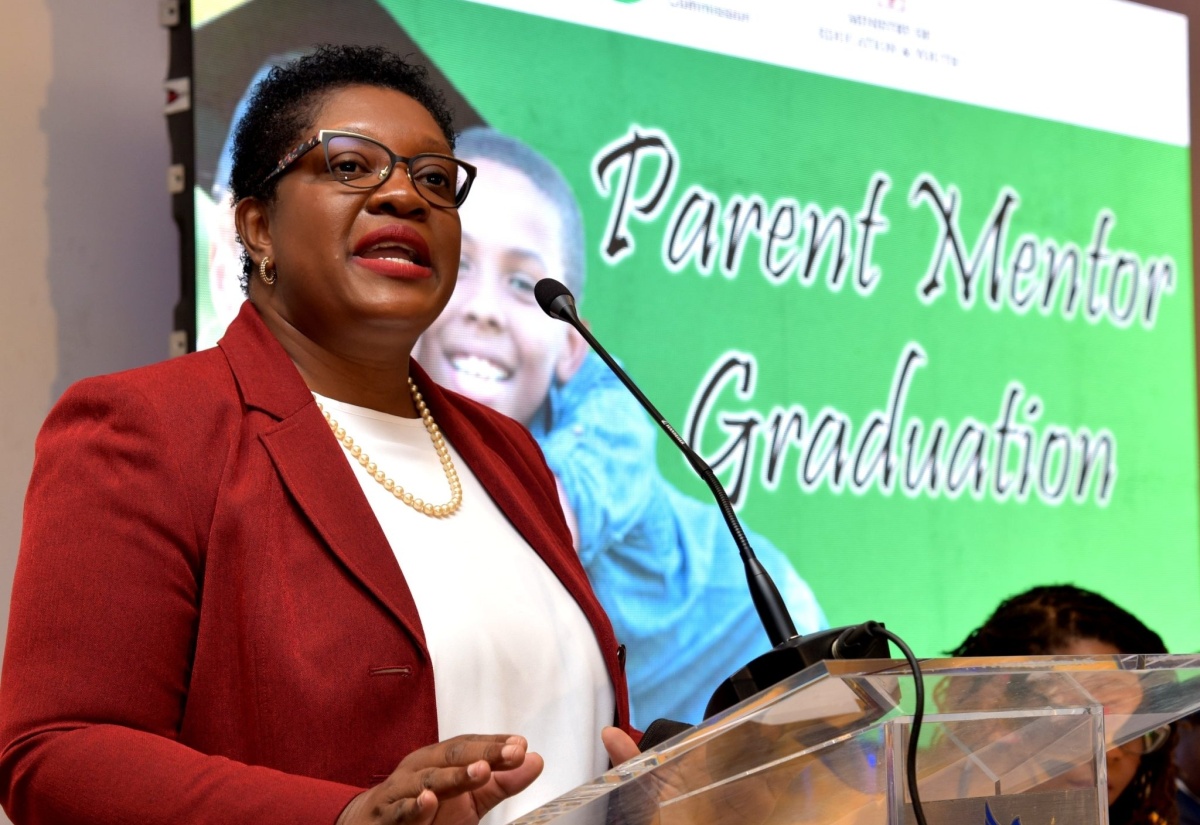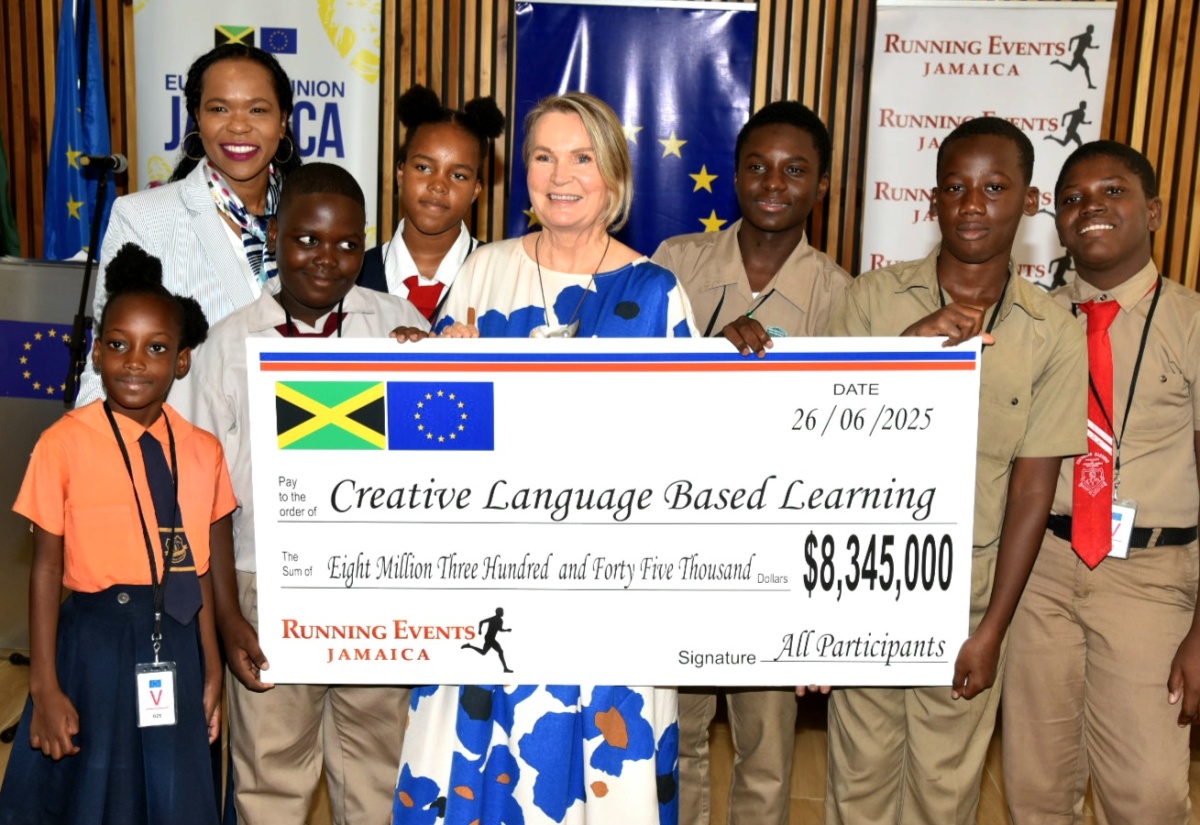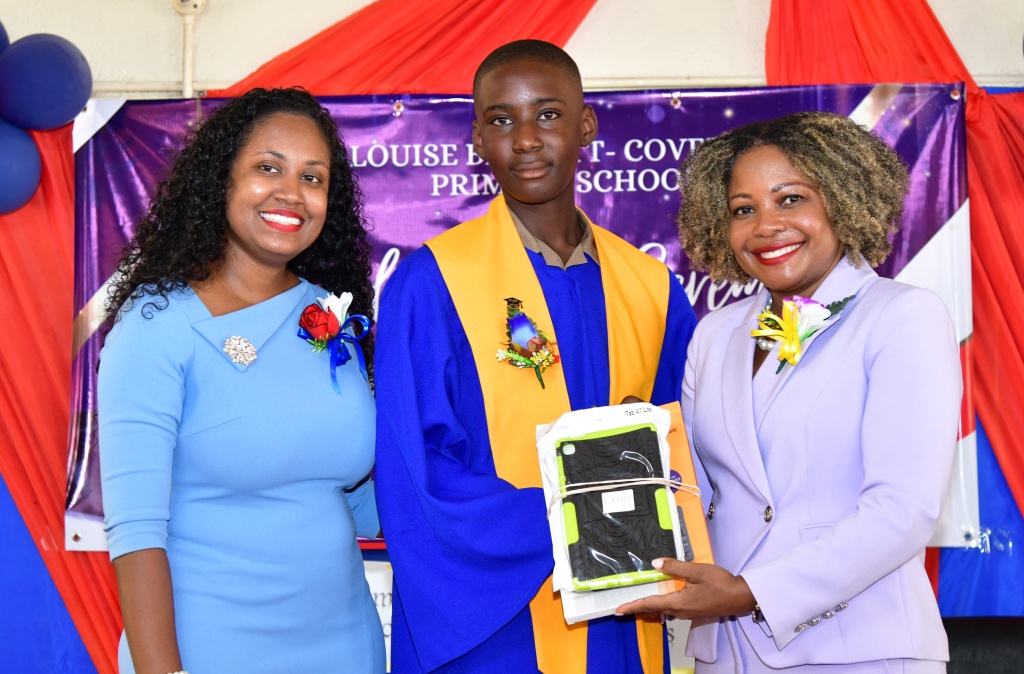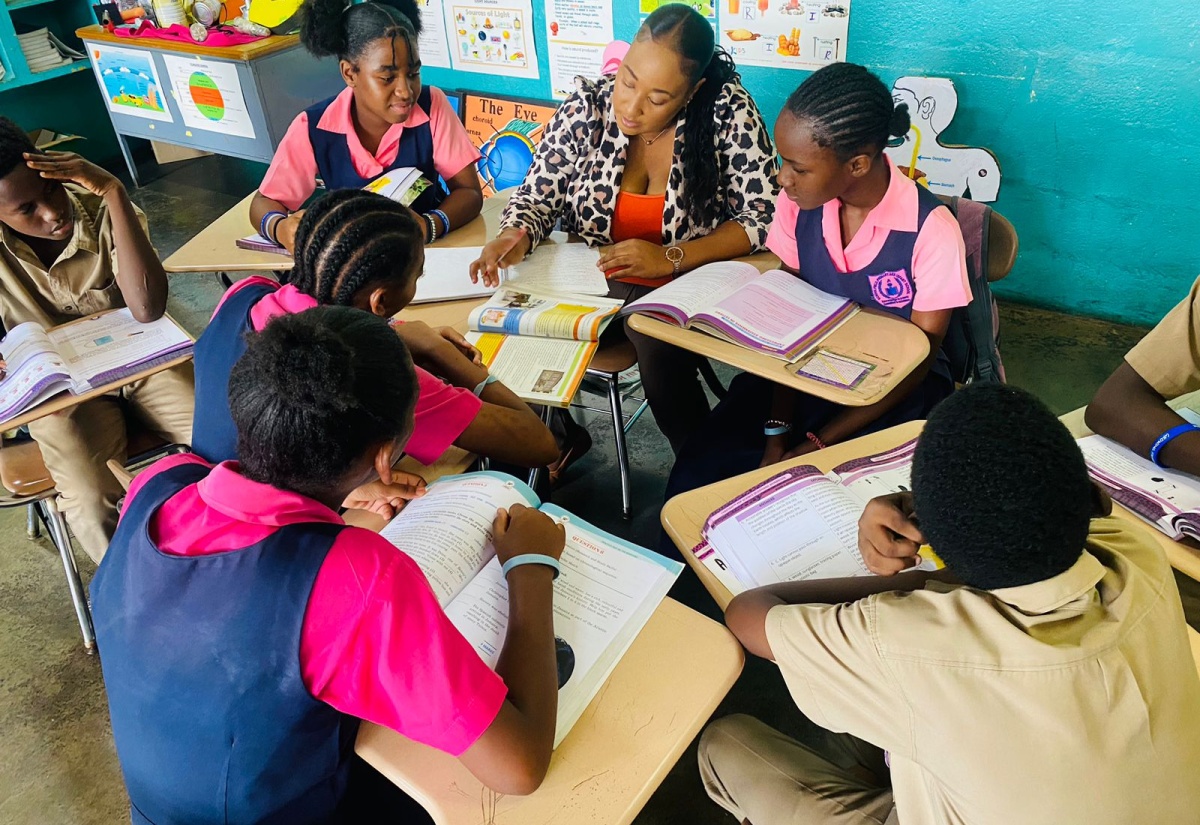Parents are being urged to support their children through prayer, praise and presence.
The appeal was made by Permanent Secretary in the Ministry of Education, Skills, Youth and Information, Dr. Kasan Troupe, at Ardenne Preparatory and Extension High School’s Annual School-Leaving Ceremony, held at Ardenne High School in Kingston, on Wednesday (July 2).
Speaking on the theme, ‘Communication: Road Map to Success’, Dr. Troupe said: “When we pray, it’s communication with God. You must pray for them, with them on their behalf. You must talk to God about them.”
She reasoned that life is not a smooth path, noting that they will face persecution, difficulties and trials, which require them to communicate with God.
Dr. Troupe encouraged parents to praise their children and affirm them with encouraging words.
“Don’t tell them that they cannot make it. Don’t tell them about their limitations, because we are all different. There is no one path to success,” she said.
The Permanent Secretary shared that some parents may not be happy with the school their child was placed in following the release of the Primary Exit Profile (PEP) results but assured them that their children can bloom where they are planted, because “there are fruits in all of us”.
Meanwhile, she said parents must communicate through their presence and not just their presents.
“You communicate by being there. You turn up, you come to school, you turn up with them and you talk to them. You turn up at home – too many of our boys and our girls are parenting themselves. They are on the telephone, they are on the device, there is no physical presence, there is no touch, there is no love, there is no hug, there is no forgiveness in each other, there is no crying in each other. You have got to turn up. That’s communication,” Dr. Troupe said.
She pointed out that the presence of parents is a critical ingredient on the road to success, as children need to see their parents and receive emotional, financial and physical support.
“For every good school that we have in the country, it is good because the parents turn up. The parents hold the Ministry accountable. The parents hold the school accountable. For every woman, for every champion, it is the parents’ presence that makes the difference,” Dr. Troupe said.


